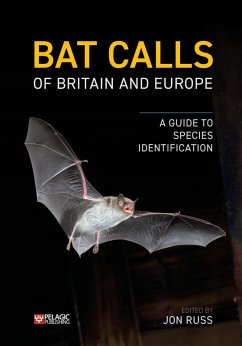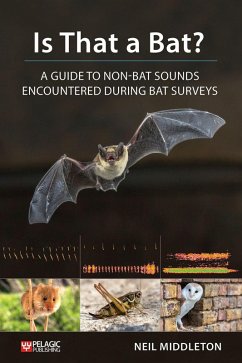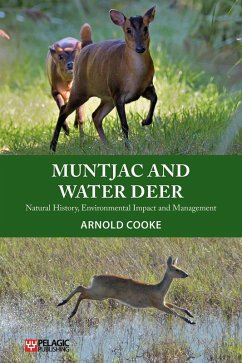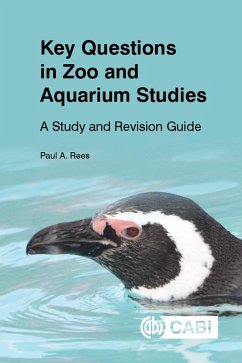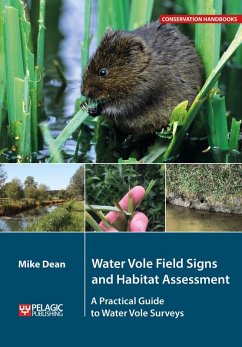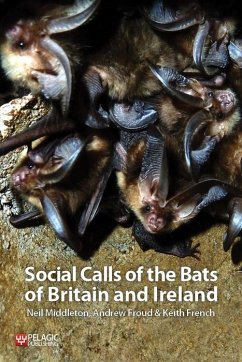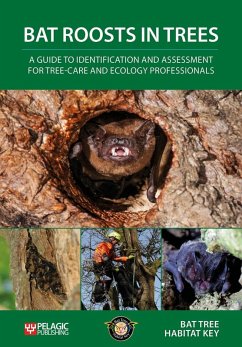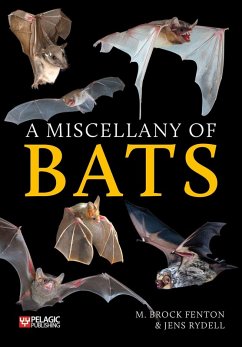
Key Questions in Mammalogy (eBook, ePUB)
A Study and Revision Guide
Versandkostenfrei!
Sofort per Download lieferbar
41,95 €
inkl. MwSt.
Weitere Ausgaben:

PAYBACK Punkte
21 °P sammeln!
Although mammals comprise a relatively small proportion of total biodiversity they are disproportionately represented in courses in biology and zoology and they are the dominant taxon in zoos around the world. Mammalogy is well-established as a discrete element of biological courses in some parts of the world, notably in North America. This book is intended as a study and revision guide for students following programmes of study in which mammalogy is an important component. It comprises 600 multiple-choice questions (and answers) set at three levels - foundation, intermediate and advanced - gr...
Although mammals comprise a relatively small proportion of total biodiversity they are disproportionately represented in courses in biology and zoology and they are the dominant taxon in zoos around the world. Mammalogy is well-established as a discrete element of biological courses in some parts of the world, notably in North America. This book is intended as a study and revision guide for students following programmes of study in which mammalogy is an important component. It comprises 600 multiple-choice questions (and answers) set at three levels - foundation, intermediate and advanced - grouped into 10 major topic areas: 1. The history and principles of mammalogy 2. Origins, evolution and taxonomy 3. Anatomy 4. Physiology 5. Behaviour 6 Ecology and genetics 7. Zoogeography 8. Conservation and management 9. Parasites and diseases 10. Domestication and human use of animals The book is designed to be used at any time in any place. It allows the reader to study the meaning of terms used in mammalogy, the history of mammalogy, the taxonomy, evolution and genetics of mammals, their zoogeography, their anatomy, physiology and adaptations to their environment, their behaviour, their conservation and management, their diseases, and their domestication and use by humans. Some of the questions will require students to use their knowledge to interpret information provided in the form of graphs, data, maps or photographs
Dieser Download kann aus rechtlichen Gründen nur mit Rechnungsadresse in A, D ausgeliefert werden.




